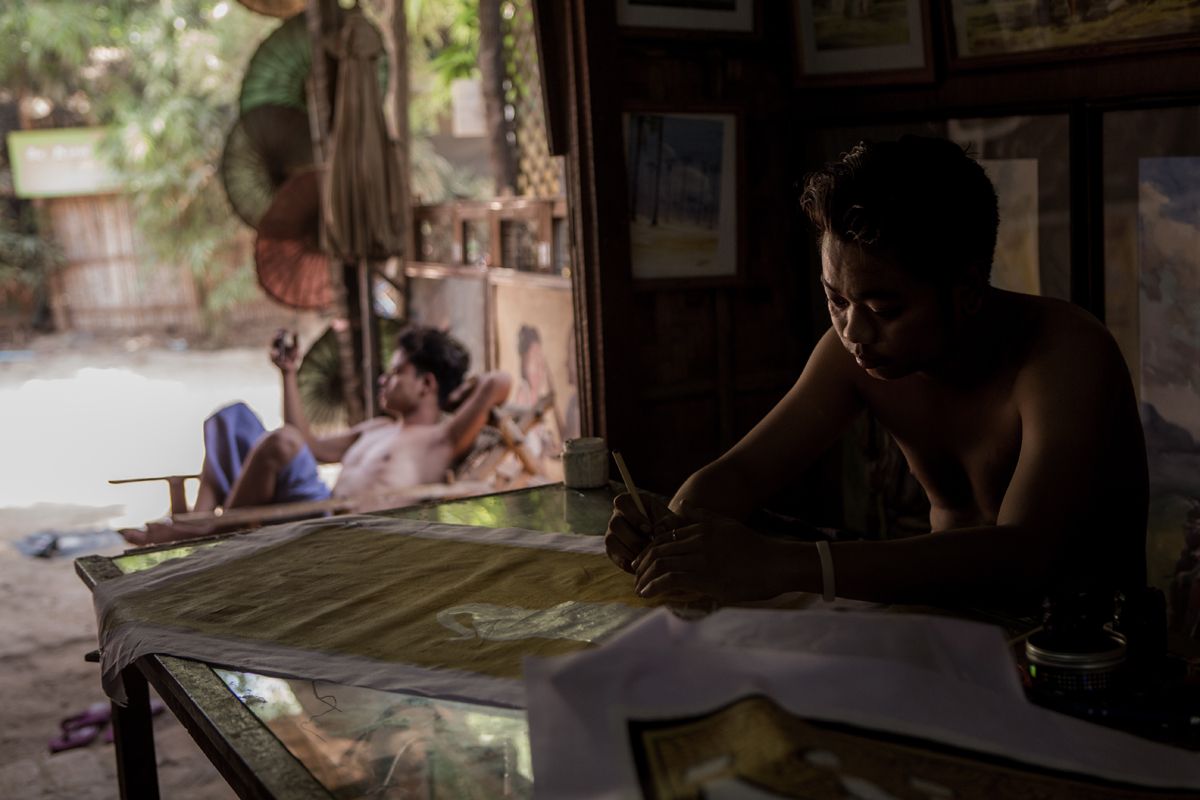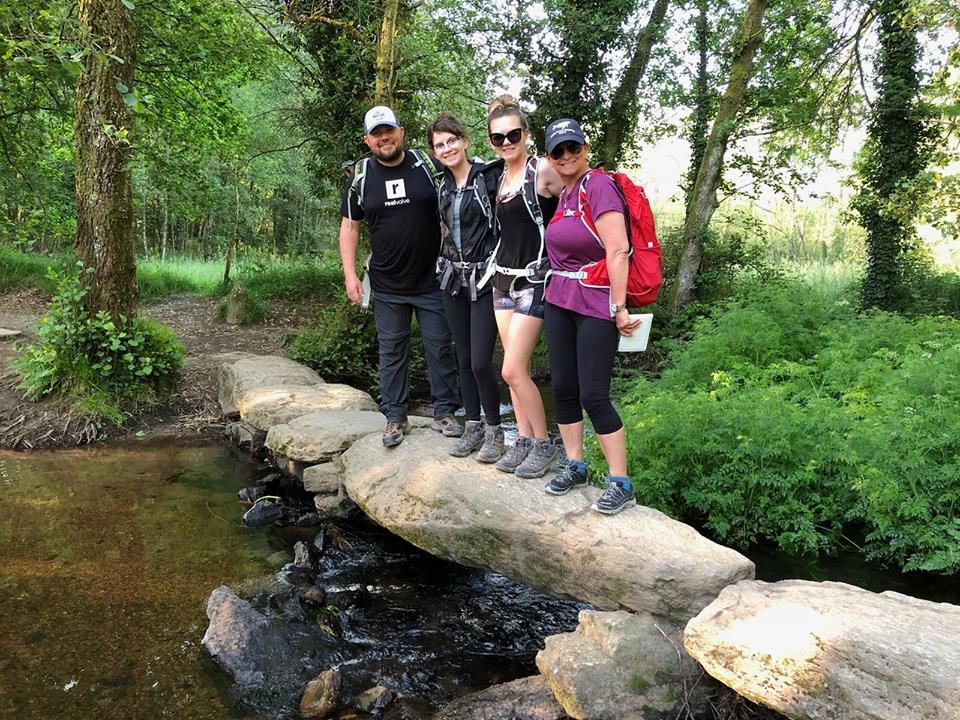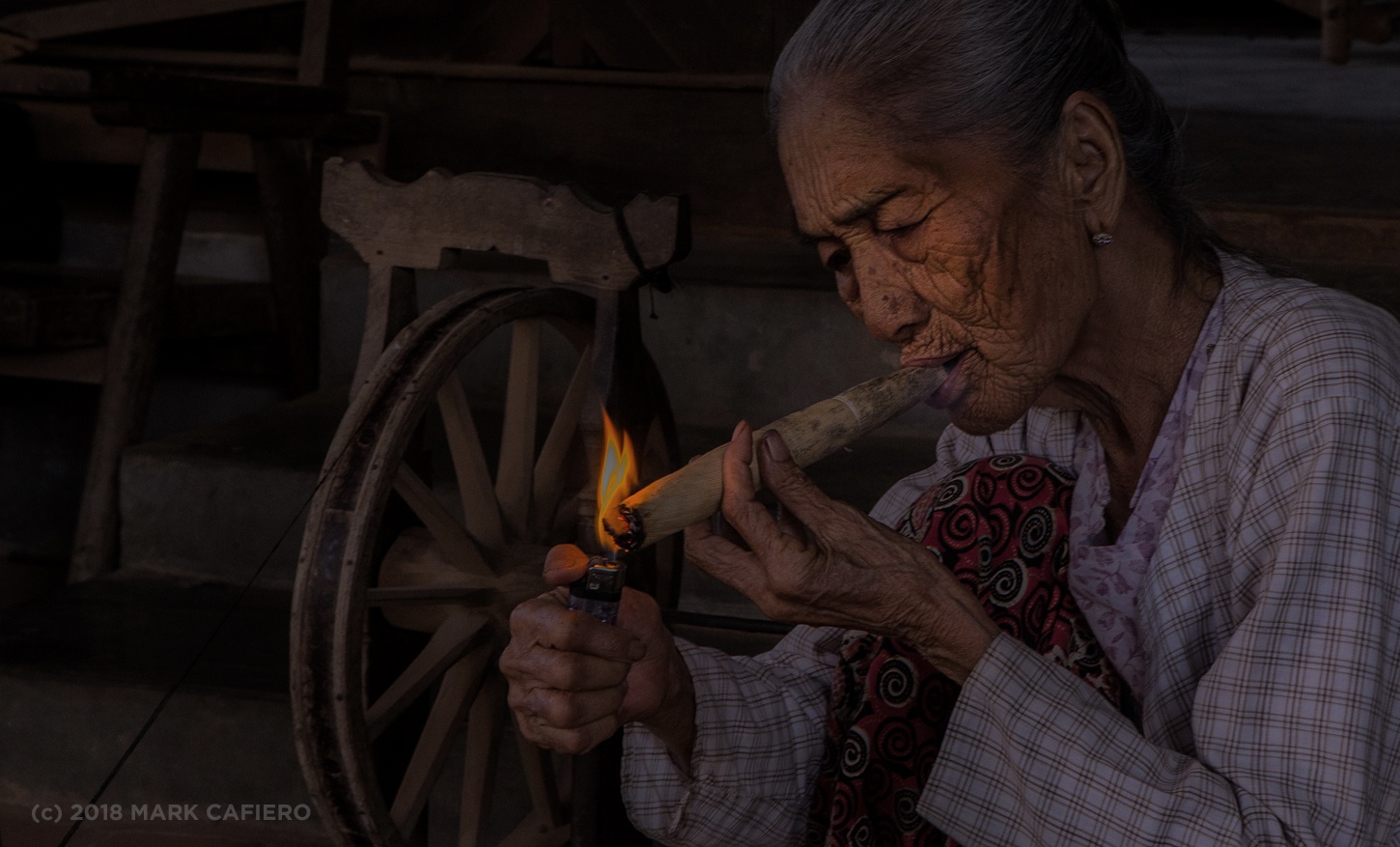“My parents are 88. OK? I have a good relationship with my parents. They live in Florida. Let’s say my parents live to be 92. I hope they live longer, but let’s say they live five years. I don’t have 5 years with my parents. I see my parents twice per year. That means I have TEN VISITS with my parents. So when I started to look at [things] like that, I made significant changes, like ‘OK I’m going to get on a plane and see my parents.’ And when I’m in those moments, my feet are on the ground. That’s where I am, because I only have a limited amount of time with them.”
–Jesse Itzler, on his relationship with time.
This is an extract from a podcast that I listened to a few weeks ago. I’ve thought about this statement every day since. Maybe the timing of it resonated with me because not long ago, I started to think about my commute to work.
I used to drive two hours each day just to get to work and back home again.
Long story short: 2 hours x 5 days = 10 hours. 10 hours x 52 weeks in a year = 520 hours. 520 hours / 24 hours in a day = 22 days.
22 days!
I realized that last year I spent 22 days… almost an entire 1 of the 12 months of the year battling traffic, missing out on time with my kids and wife and just sitting when I could be out doing stuff, like trail running or working in my garden, or playing with my kids, or having relationships, positive life experiences and adventures.
I threw an entire month of my life into the garbage. Just the thought of that still leaves a sick feeling in my stomach.
That’s when I decided it was time to move back to Denver. Today I live just 15 miles away, and I get to work on my bike, a pleasant adventure, feeling the sun on my skin and the physical exhilaration that positions me for a highly effective day, and a palate-cleanser of the mind to get me back home and devote my attention to my family.
Now, think about how so many people spend the few hours left over at home. Head down, looking at a smartphone. Working late into each and every night.
If you think an entire month trapped in your car sounds painful, try 3 months, day & night, trapped writing emails… nonstop.
Even if you don’t have a long commute, most of us are wasting precious hours, months, years, in other ways. For one, most Americans spend 6.3 hours per day checking email. That’s 3 months each year—practically half of your non-sleeping LIFE.
And don’t even get me started on all the parents and young adults spending the prime years of their lives sitting at home, feeding video game addictions. Every day. Indefinitely. Pretty disturbing when you think about it.
The poorest country in the world—also the happiest. Is this possible?
“The secret of happiness is to see all the marvels of the world, and never forget the drops of oil in the spoon.”
–Paulo Coelho, The Alchemist.

Less than 2 months ago, I visited a country that might not be the poorest, but I’m sure it’s among the poorest. Maybe you’ve heard of Myanmar, formerly known as Burma. They’re mentioned in the news a lot right now, as their northwestern border that separates them from Bangladesh is suffering a genocide; it’s a very sad and heartbreaking tragedy.
The Burmese people in the town of Bagan, where I stayed, have little or no electricity. They cook their meals primitively, outside over a fire, and they sit on the bare ground to eat. They travel almost exclusively by foot or on motor scooters. They survive largely off of tourism (which, due to the horrific news stories and travel advisories, is dry at the moment).

So, these people are suffering. But I observed an amazing thing—that despite the tragic circumstances and the extreme lack of wealth, these people were actually extremely…happy.
USA vs. Myanmar: Who’s Richer?

I found myself wondering how these people who have so little could be so happy. Maybe it’s the Buddhist philosophy that 80% of their population live by. There isn’t a paved road to be found, yet you can find upwards of 3000 ancient Buddhist temples scattered across the desert and within the villages. It’s an amazing sight.
Maybe it’s also due to the lack of distractions. Most of the Burmese don’t have smartphones (and if they do, good luck finding a signal). There’s no cable TV, no Netflix.
Their driving time is next to nothing. There’s no distance required to travel to be with their families. The kids have no addiction to smartphones or video games. They are outside with their parents all day, every day.

They face only a fraction of the decisions that must be made by Americans each day. Their relationship with time has almost no interference. I could keep going, but it is impossible to fully grasp this way of living until you’ve seen it for yourself. I highly recommend the trip.
On my first day in Myanmar, I found myself doing nothing at all but sitting in the sunlight, surrounded by these Buddhist temples, and reading The Alchemist and watching monks as they walked by. I came across the message about the secret of happiness: to see all of the marvels of the world. And here I was amongst one of the greatest.
The feeling was magical and nostalgic; do you remember what it felt like to be a kid, to have no responsibilities and no schedule to follow? I felt that again for the first time in over 30 years.
Live richly, today. Tomorrow is not guaranteed.
My trip to Myanmar was impromptu, and I faced a bit of judgement from my peers who wondered how I could leave my entire family to go to some random country in Southeast Asia. I guess they thought it would be a better idea to pass on this opportunity and wait 15-20 years, after my kids were grown up. But in the words of the wise Og Mandino:
“Tomorrow can only be found on the calendar of fools.”
I faced a bit of envy from others who claimed they’d love to go see the world, but they were just far too busy; work was overwhelming; there was no way they could drop everything and take 10 days to see another part of the world.
But the worst were the looks of confusion from people who wondered why on earth I’d want to see another part of the world, especially one that’s poor and off the tourist map. It made me feel frustrated for my friends who seemed to have no desire at all to take a break from their infinitely looping daily routines.
Upon my return, I now strive to live as richly as the Burmese. Work, cheap entertainment like the internet and tech and smartphones, the pursuit of fancy objects…these are hardly the things I’ll be reminiscing about when I sit on my death bed someday. It’s the life experiences and relationships that will define my story after I pass on. And when I lay down in my final weeks, the last thing I want to feel is regret.
That’s the mission I’m on. These days, my relationship with time is a top priority, right up there with my relationships with people. I’m selective of how I spend my time and who I have relationships with. I have a few rules that I follow to keep myself in check:
- Be grateful! Professional poker player, entrepreneur, and coach, Alec Torelli took a similar journey to the 3rd world and now offers some great tips and exercises that we can all use to remind ourselves how lucky we have it. Check out his blog post, Your Biggest Problem and learn how lucky you are, even on your worst day!
- Check the cell phone at the driveway; when I get home, the phone stays in the car.
- Fewer texts, more phone calls, occasional handwritten letters.
- One adventure every weekend.
- Find a job you love, or find a way to love it. Those three months of your life every year should be exhilarating. Not dreadful.
- Automate ANYTHING and EVERYTHING that can be automated.
- Exercise every day.
- Try new things.
- Three words: Just Be Nice (not always an easy thing, but I believe that you’ll always win if you strive to do that).
What does this have to do with being a real estate agent?
One of the reasons many people choose a career in real estate is that it allows you to be in charge of how and when you work. Maybe you imagined being your own boss, a flexible schedule with reasonable hours and plenty of time left over for LIFE.
But then reality set in. And you were forced to choose paperwork over playtime with your kids. And you feel like you’ll never be able to take time off for a life adventure. And your overflowing inbox is stealing away time that could be better spent selling homes. Many people are far too easy to accept this as their new reality, and I feel that’s one of the greatest tragedies of Western civilization.
The good news is that you CAN challenge this perception and make more time for the things that really matter. You just have to re-examine your relationship with time.
The first step is figuring out what can be eliminated:
- What do you hate to do? Can you eliminate (or delegate) these tasks to make room for the work you love?
- What are the things that interfere with your relationships? For example, a big one for me was my smartphone, so I made a rule: No smartphones at home until the kids are in bed, and no smartphones on dates.
- What kind of garbage exists that you can throw out? What are the time-wasters that don’t add any real value?
But what about those things that can’t be eliminated? What about the emails, the marketing, and the contracts?
That’s when you take the next step, and automate as much as you can possibly automate. You can do this with Realvolve Workflows.
Does Realvolve really care about you, your life, and your time?
The answer is a resounding Yes!
I’m new to the team here at Realvolve, but one thing that stands out to me is the talk that happens behind the scenes at our corporate office. The success and happiness of our customers is just as important to us as the growth of our company—we truly want our customers to benefit from our workflows! We want our customers to free up 2+ hours each day to make time for what they love (and we have MANY customers who will tell you they’ve done just that). We want to help you live a richer, fuller life.

Dave (above), the founder of Realvolve, is an advocate of living simply and with rich, meaningful life experiences. If you follow him on Facebook, it’s easy to see that he spends a lot of time heading out on adventures, exploring the world with his family, and living each day with a high degree of curiosity about all of the things that make the world go ’round. This is what he and everyone at Realvolve wants for our customers.
Our greatest hope is that you’ll take the time to learn and use our workflows. The time you spend learning them pays dividends in time back to your life! Think about those 2 hours per day (or an entire MONTH of your life each year)—what would you do if you could have that time back? Whether your answer is personal or professional, just remember that time will definitely run out, and from what I hear from older folks, it happens sooner than you’re ready.
The proverbial toilet paper roll that we call life gets smaller and smaller as time goes by, and soon you’re left with nothing but a useless piece of cardboard. Realvolve workflows can give you a ton of life back. Let us show you how!
What do you do to keep your relationship with time in check? I’d love to know! Post in the comments below.
If you believe and agree that we all need to reboot our relationships with time, please share/like this post!





